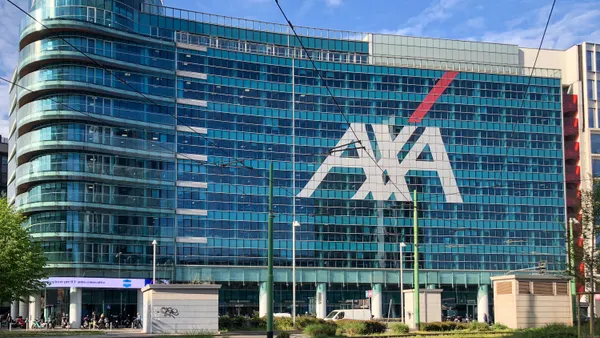Dive Brief:
- The majority of tech professionals — 60% — ranked fully remote as their most-desired workplace setting in a Dice report released Tuesday. That's up from 53% last year.
- More than half of technologists said they’re likely to change employers in the next year, according to Dice, which surveyed 950 technologists in July and 350 HR professionals in September.
- Tech workers aren’t merely seeking to increase compensation, Art Zeile, president and CEO of Dice’s parent company DHI Group, said in an interview with CIO Dive. “The reason so many people are looking is they are affirming their belief in remote work.”
Dive Insight:
Apple made headlines in August, merely by trying to coax workers back to the office three days per week, an effort that yielded public pushback by employees.
Other companies are doing the same, according to the report. Nearly 7 in 10 employers are focused on future plans for a hybrid work environment and are offering employees back-to-office incentives.
While 9 in 10 Dice respondents indicate that remote work is preferable to being in the office full-time, the numbers don’t add up.
In an environment where IT talent is in high demand, fully remote and hybrid options are top of the list for technologists. Getting workers — including technologists — back to the office on at least a part-time basis is a priority for many companies.
That, Zeile said, is one reason why so many tech workers anticipate changing employers.
“The technology community knows that they're in high demand,” said Zeile. “First they went after salary, then hybrid and remote work and now they're saying they want the whole package.”
That package has broadened to include factors beyond compensation, according to the report.
Tech salaries rose precipitously for web developers, database administrators, software developers and other in-demand positions this year, with the average breaking six figures for the first time, according to Dice.
More than two-thirds of employers surveyed said they have added flexible work arrangements to accommodate employee needs and in response to C-suite direction and industry trends.
“We know by looking at our statistics throughout the entire year that roughly 35% of the jobs on the Dice website are remote-qualified,” Zeile added.
With that ask answered by a growing number of employers, more tech workers are weighing workplace culture and company image when choosing a job.
Nearly 9 in 10 respondents said employer brand is an important consideration and 8 in 10 indicated they would not apply for a higher-paying job at a company with a bad reputation.
Candidates monitor company reviews on sites like Glassdoor and employee sentiment on social media, according to the report.
“Technologists know they're in demand, they know that they can work in a remote environment very effectively and they’ve realized they can pick and choose and go and work for a company that they respect,” said Zeile.
That not only complicates matters for companies committed to ongoing modernization — it poses an existential threat to IT departments and CIOs who depend on retaining and recruiting talent and aren’t willing to pivot.
“It really comes down to who's the better salesman and who has a better value proposition across all these dimensions,” Zeile said. “It’s compensation that is market appropriate, remote or hybrid work, plus ‘why my company makes a difference.; That's a really important message to get across to CIOs — they have to be very much an HR salesman to get the talent they need to succeed.”















